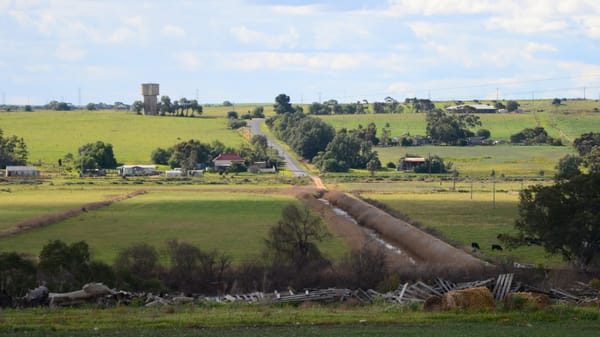Contesting a will: everything you need to know
Have you been left out of someone's will, or are you preparing your own? Johnston Withers Lawyers have some useful advice.

This sponsored post is brought to you by Johnston Withers Lawyers.

Have you been left out of someone’s will, or think the distribution of an estate is unfair; or are you simply thinking of preparing a will yourself and wondering if anyone can challenge it?
If so, it is important that you obtain specialist advice and become aware of the Inheritance (Family Provision) Act 1972. This act allows a specific class of people who have been either left out of a will or have not received adequate provision to make a claim against a deceased’s estate.
Who is in the specific class of people?
Not everyone can bring a claim against your estate. The act limits the right to bring a claim to the following people:
- The spouse (husband or wife) of the deceased
- A person who was married and now divorced from the deceased
- The domestic partner of the deceased (includes same-sex couples)
- A former domestic partner
- A child
- A step child of the deceased (in specific circumstances)
- A grandchild of the deceased
- A parent of the deceased (in specific circumstances)
- A brother or sister of the deceased person (in specific circumstances)
A step-child, parent or sibling does not have an automatic right to bring a claim on a deceased’s estate.
A step-child must also establish that they were maintained (wholly or in part) by the deceased, or entitled to be maintained, immediately before death. This means that an independent adult step-child would not be able to bring a claim on their step-parent’s estate. This creates difficulties if their parent passed away first and left their estate to their spouse. If the surviving spouse changes their will and disinherits the step-child, there is no recourse under the act for the step-child. This enforces the importance of estate planning for blended families.
A parent or sibling must be able to show that they cared for or contributed to the maintenance of the deceased during their lifetime to be able to bring a claim.
Bringing a claim
Just because someone is allowed to bring a claim under the act does not mean they will be successful.
They must establish that the deceased did not make adequate provision for their proper maintenance, education or advancement in life, having regard to the particular circumstances of the deceased’s estate.
Some of the factors that the court takes into account include:
- The size of the estate
- Whether the deceased had a moral duty to make greater provision for the claimant in their will
- Whether the claimant is able to sufficiently look after their own needs without receiving a further benefit from the estate
- The age, personal and financial circumstances of the claimant and others entitled to a share of the deceased’s estate
- The nature and duration of the relationship the claimant and others entitled to a share of the deceased’s estate shared with the deceased
Where and when can a will be contested?
Firstly, to bring a claim under the act in South Australia the deceased must have died whilst residing in South Australia or must have owned property in South Australia. If the deceased did not, a claim needs to be brought in the state where the deceased was residing or held property, and different time limits and legal principles apply.
A claim under the Act must be brought within six months from the date a grant of probate of letters of administration had been issued by the court. The court may, in some circumstances, grant an extension of time. However, this depends very much on the individual factors and does not commonly occur. Further, an extension of time cannot be granted outside of the six-month time limit if the estate has already been distributed to the beneficiaries.
It is therefore very important that you obtain specialist advice on bringing a claim as soon as possible.
Johnston Withers Lawyers are experienced lawyers in contesting will and estates
Johnston Withers Lawyers are experienced in providing advice on contesting wills and estates. If you’d like advice from one of our will and estate lawyers, please contact us on 8532 5800 or get in touch online.
Photo: Johnston Withers Lawyers.





